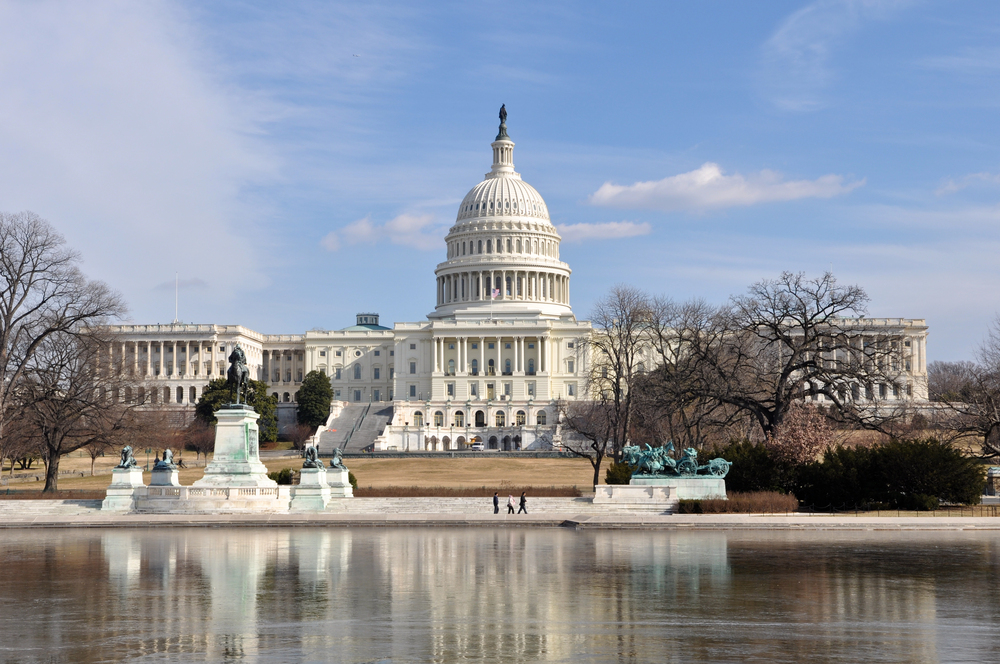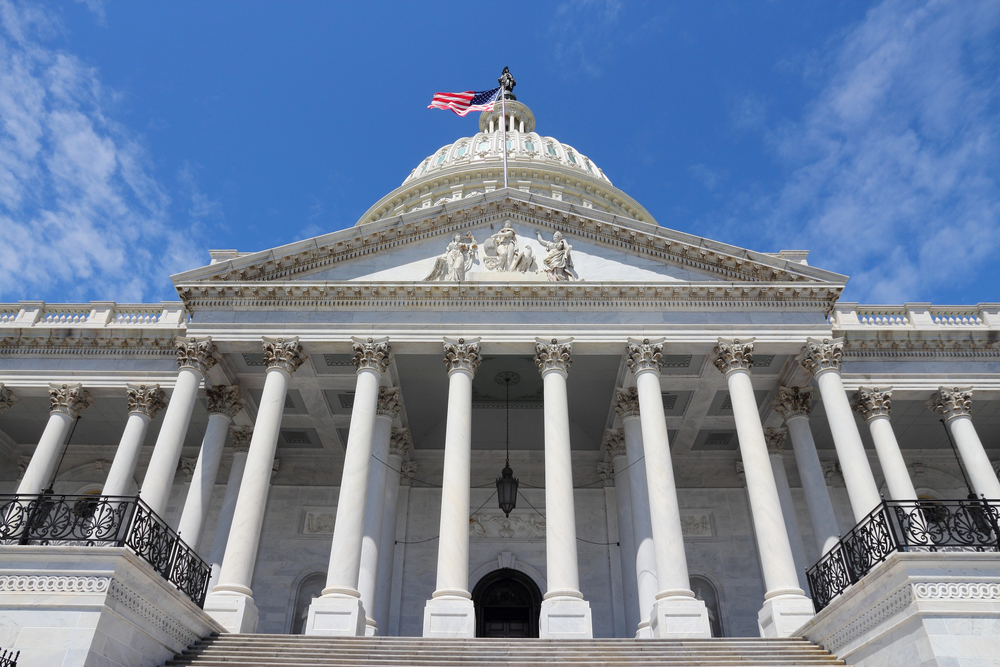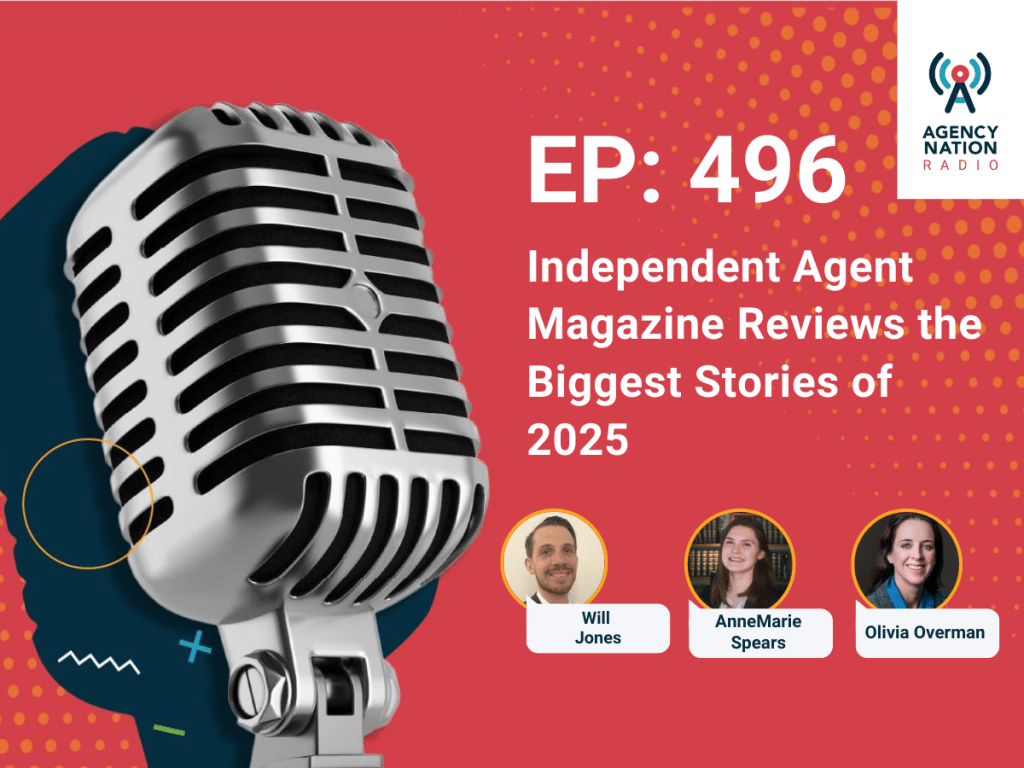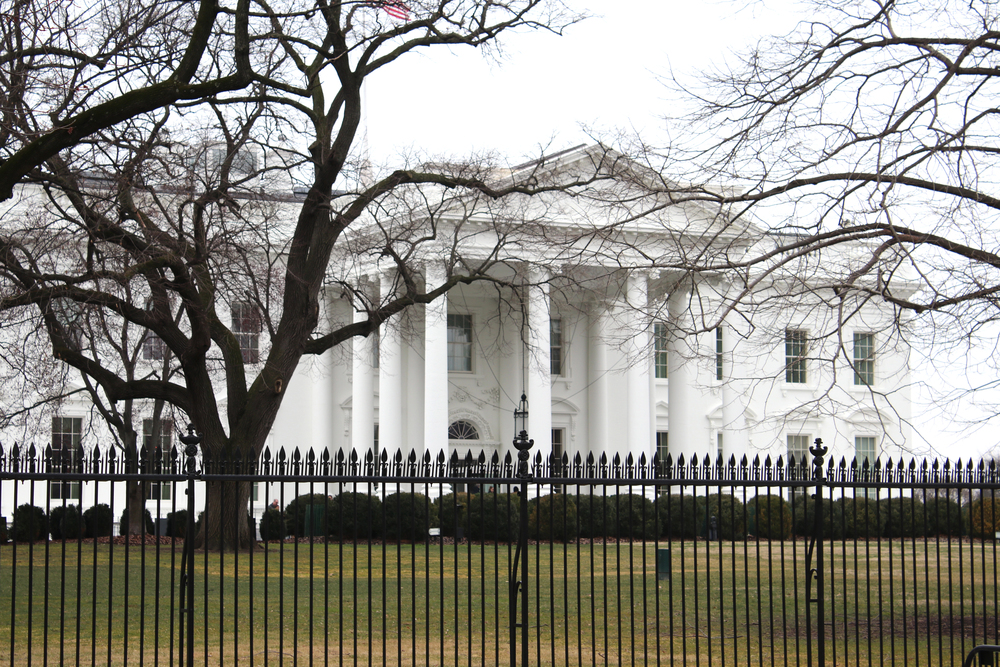Federal Official Claims Most Noncompete Agreements Violate the NLRA

By: Wes Bissett
This week, Jennifer Abruzzo, general counsel at the National Labor Relations Board (NLRB), issued an interpretative memorandum asserting that many noncompete agreements interfere with the exercise of rights that employees possess under the National Labor Relations Act (NLRA).
Abruzzo’s legal opinion continues the current administration’s efforts to significantly restrict the use of noncompete provisions in employment agreements.
Section 7 of the NLRA protects the rights of employees to self-organize, form and participate in unions, collectively bargain, and take collective action to improve their working conditions. Abruzzo’s memo argues that noncompete agreements interfere with the ability of employees to exercise those rights and that the use of such a provision would constitute an unfair labor practice in many instances.
The opinion maintains that noncompete provisions have an impermissible chilling effect on the exercise of these Section 7 rights “when the provisions could reasonably be construed by employees to deny them the ability to quit or change jobs by cutting off their access to other employment opportunities that they are qualified for based on their experience, aptitudes, and preferences as to type and location of work.”
The general counsel’s memorandum does acknowledge, however, that not all noncompete agreements violate the NLRA. The letter specifically indicates that the use of such provisions could be permissible if applied to “managerial or ownership interests in a competing business, or true independent-contractor relationships.”
The memorandum also notes that noncompete agreements do not run afoul of the NLRA when they are “narrowly tailored” to address special circumstances or legitimate business interests or are used to protect proprietary or trade secret information. The document also focuses exclusively on the use of noncompete agreements and makes no reference to non-solicitation agreements or other forms of restrictive covenants.
The business community will be closely monitoring what happens next. The positions staked out in the memorandum are not binding law and have not yet been adopted by the NLRB itself but could be the basis for complaints and cases against employers in the future. The memorandum directs regional NLRB officials to keep an eye out for, and potentially act against, noncompete agreements that could be unlawful under the legal theories espoused by the general counsel.
The release of this NLRB general counsel opinion was published less than six weeks after the close of the public comment period on a highly publicized Federal Trade Commission proposed regulation that would ban the use of most noncompete agreements. Nearly 27,000 comments were submitted to the FTC and final action on that rule is expected in the spring of 2024.
Wes Bissett is Big “I” government affairs senior counsel.










